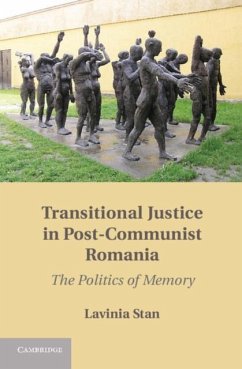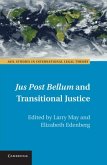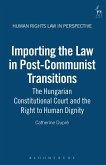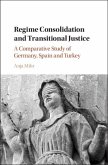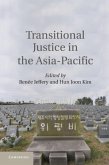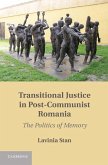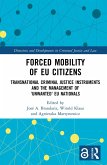A close examination of an understudied European Union member state such as Romania reveals that, since 1989, post-Communist state and non-state actors have adopted a wide range of methods, processes and practices of working through the Communist past. Both the timing and the sequencing of these transitional justice methods prove to be significant in determining the efficacy of addressing and redressing the crimes of 1945 to 1989. In addition, there is evidence that some of these methods have directly facilitated the democratization process, while the absence of other methods has undermined the rule of law. This is the first volume to overview the complex Romanian transitional justice effort by accessing secret archives and investigating court trials of former Communist perpetrators, lustration, compensation and rehabilitation, property restitution, the truth commission, the rewriting of history books, and unofficial truth projects.
Dieser Download kann aus rechtlichen Gründen nur mit Rechnungsadresse in A, B, BG, CY, CZ, D, DK, EW, E, FIN, F, GR, HR, H, IRL, I, LT, L, LR, M, NL, PL, P, R, S, SLO, SK ausgeliefert werden.

